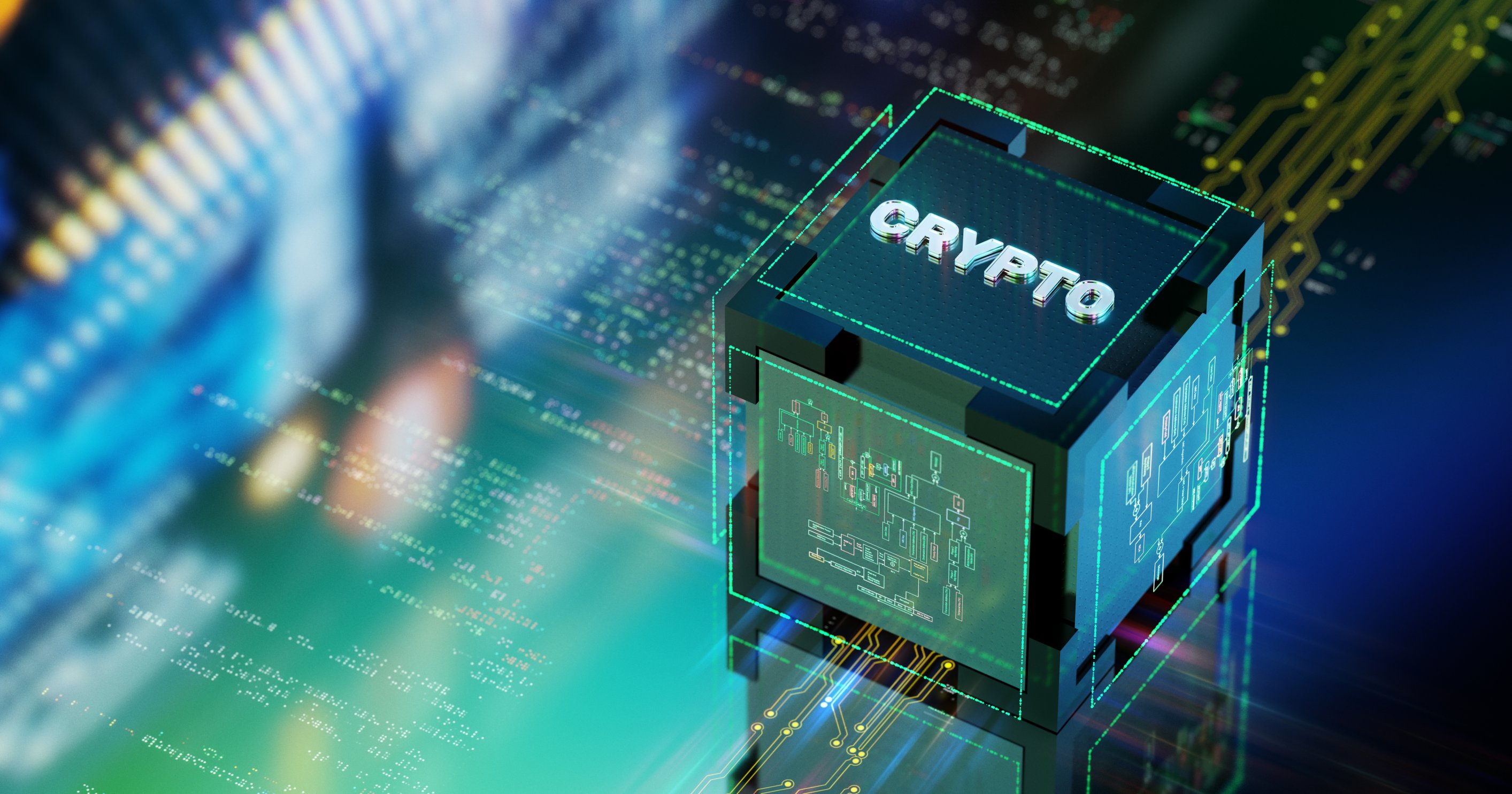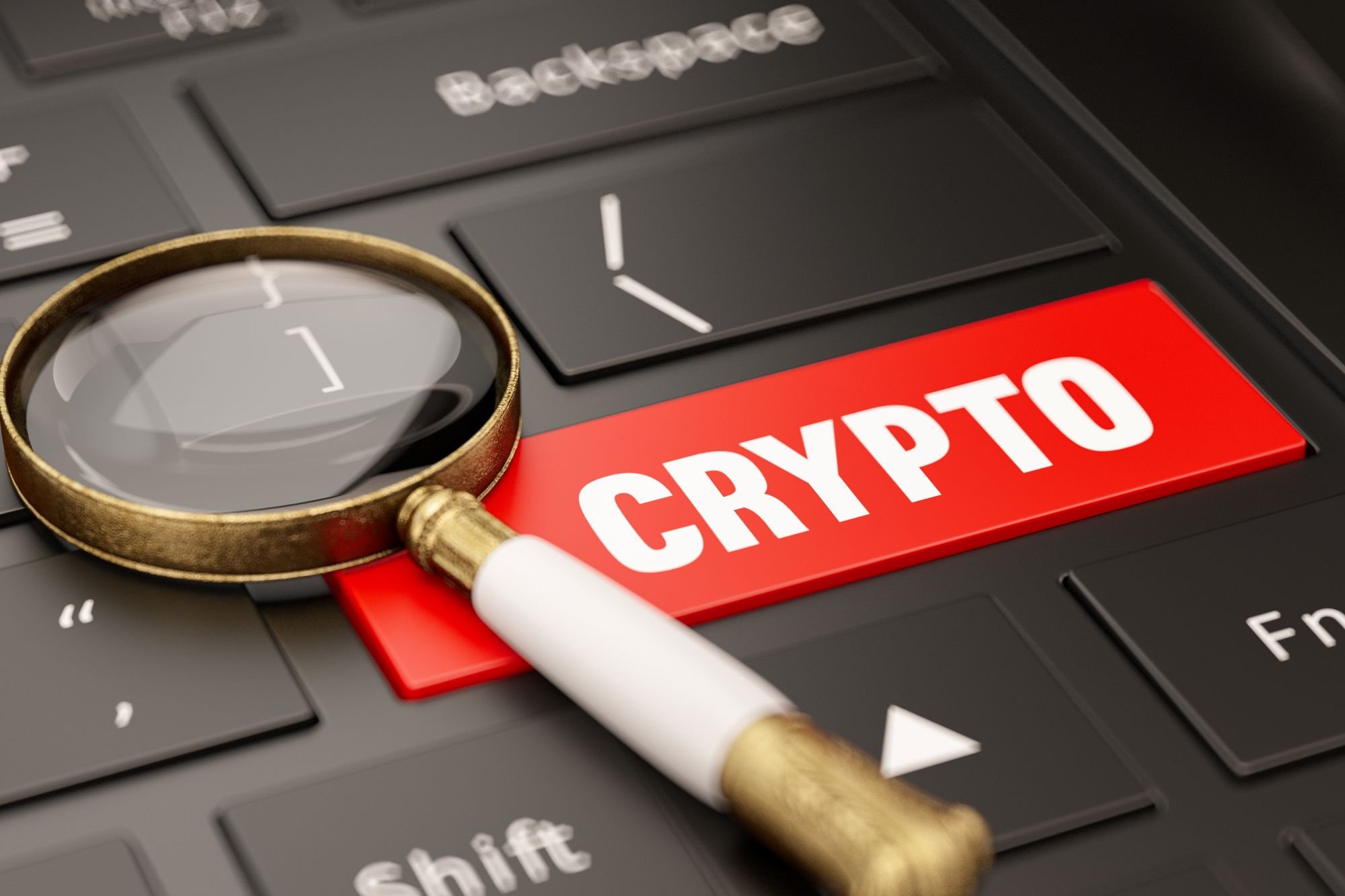After years of legal overhang and weak sentiment, XRP (XRP +2.00%) now trades a bit above $2, and there are plenty of catalysts in play that could send it higher over time.
In fact, I predict its price will reach $6 per coin by 2030, or perhaps even much sooner. Here's why.

Image source: Getty Images.
There are a lot of new ways for capital to enter this asset
To frame this conversation, let's start with some historical context for XRP's performance. From its late lows in 2019 and 2020, the coin has recovered and grown by around 570%. Therefore, a climb to $6 by 2030 would be a roughly threefold gain from here, meaning the return in percentage terms would actually be milder than what holders have already experienced over the last five years.
The most visible change that could drive such returns this time around is the arrival of the U.S. spot XRP exchange-trade funds (ETFs). The Canary XRP ETF launched on Nov. 13, and it holds XRP directly, issuing shares that investors can buy through a normal brokerage or retirement account. Its first trading day, the fund logged about $58 million in activity, making it the strongest debut of any crypto ETF launched in 2025 so far. Other XRP ETFs will probably get approved by regulators soon, and when they do, there will be even more conduits for capital to compete to buy XRP, and it could help to support higher prices for years to come.

CRYPTO: XRP
Key Data Points
The second big driver is the rise of the digital asset treasury companies, or DATs. A few different DATs seeking to buy and hold XRP exist already, with more slated to enter the scene as soon as their paperwork is done. Aside from that, a handful of public companies have opted to hold XRP in their treasuries without necessarily building their entire business strategy around hoarding it. The impact of these new cohorts of buyers will be to bid up the price of XRP, at least for as long as they're allocating their capital and retaining the coins they have on hand.
A third important trend that's set to push XRP's price higher is that its issuer, Ripple, is moving to make the coin a part of its set of financial services and the financial plumbing of its payment networks. As part of building out its fintech value chain with XRP at the core, it recently acquired the prime broker Hidden Road, the treasury platform GTreasury, and the payments firm Rail. The idea is to weave XRP into the workflows that teams at financial institutions already use to manage cash, liquidity, and cross-border flows, and if it works, the coin will be a lot more valuable as a result.
What are the odds?
Put together, the developments discussed above give XRP a larger and more compelling investment thesis than it had just a few years ago. The path to higher prices now runs through that series of new mechanisms to pull value onto the chain and then keep it there.
Competition could still derail the march toward $6 over the next few years. Ripple isn't the only fintech, nor is the XRP Ledger (XRPL) the only blockchain targeted at serious financial applications, though it's worth noting that all of its competitors in crypto are significantly smaller. While capital disbursed by institutional allocators might end up sitting on the XRPL for a long time, especially if those users get comfortable using Ripple's custody services (among others), money can always pack up and leave to somewhere else if its handlers believe there's a financial advantage (or better convenience) to be found by doing so.
So is XRP actually likely to go to $6 before 2030? Yes, but it isn't guaranteed, and the evolution of its competitive landscape is probably going to be the make-or-break factor that largely determines its future.
For investors with room in their portfolio for volatile growth assets like crypto, XRP now has a clearer set of catalysts to grow compared to where it was just a couple of years ago. It's worth buying and holding for the long term. Just make sure you are buying it as a risky complement to your portfolio's safer core holdings rather than as a shortcut to instant wealth, and you'll probably end up pleased whether or not it actually makes it all the way to $6 by 2030.





